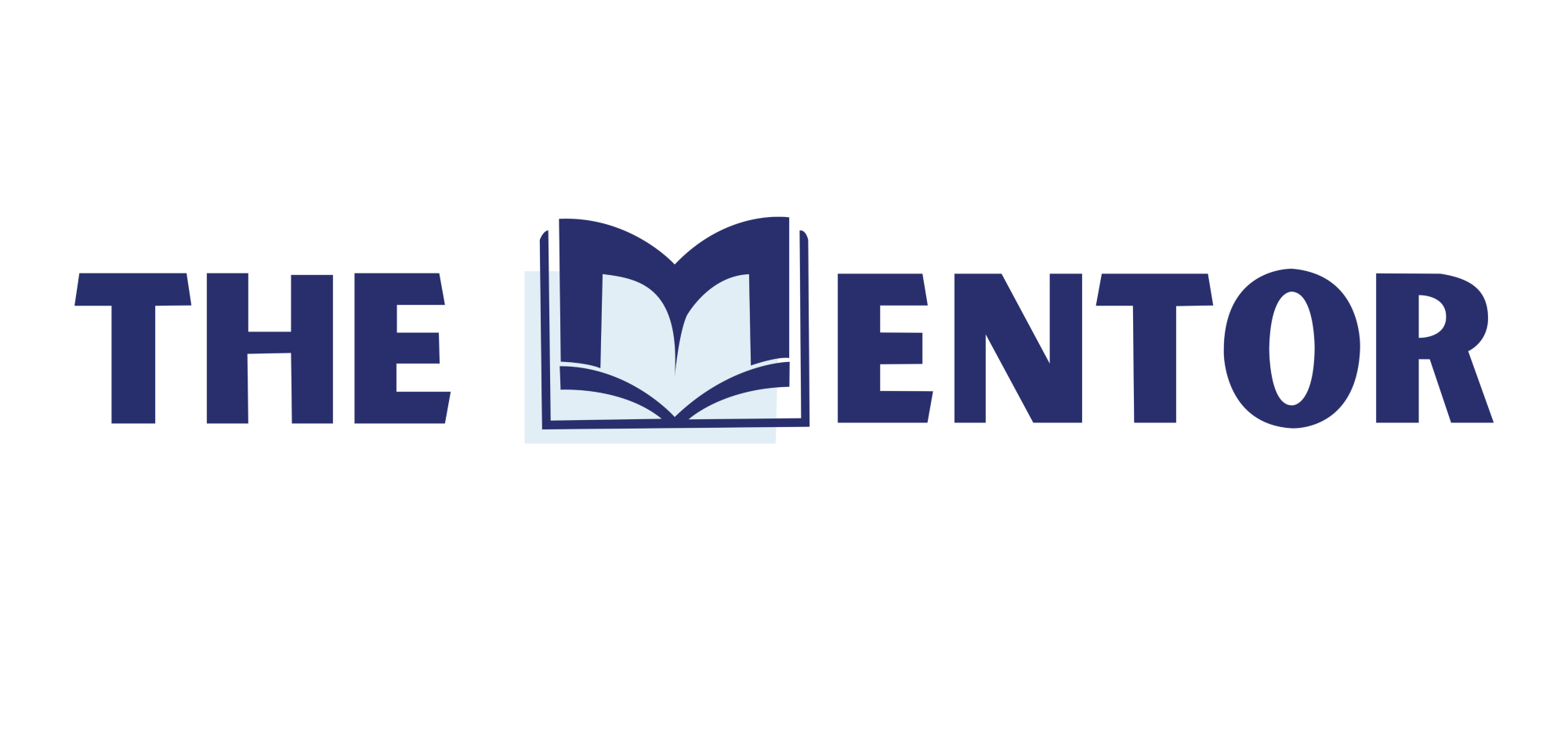It’s time to ‘pull the plug’
Now more than ever, the idea of “pulling the plug” sounds like a recipe for disaster; however, society’s dependence on technology is destroying humanity.
When the United States entered the global information stage in the 1970s, one of its main goals was to improve communication across great distances. As the world steps foot into the 2020s, socialization has evolved in meaning and effectiveness.
In March 2020, the world shut down. The only way to receive information about the COVID-19 pandemic was through the Internet. With nothing better to do, spending time on devices for a majority of the day became the norm. Not to mention those who participated in online school to finish out the 2019-2020 school year, students who are currently in a remote learning format and parents who now work from home.
According to a study by eMarketer, the proportion of United States children who utilize a device for over fours today compared to before the pandemic has nearly doubled in all age groups ranging from zero to 17. While humanities’ reliance on devices has increased gradually over the past half century, the sudden abundance of people quarantined in place has helped accelerate the process as well as created more need for electronics.
Not only is society attached to their devices for information searches, directions, weather, math and now school and work, but humans today are incapable of communicating face-to-face. Texting is more normal today than having a conversation beyond what the weather is like in-person or on-call. According to a study of United Kingdom office workers in 2019, 76% of millennials and 40% of baby boomers have anxiety induced thoughts when the phone rings. I have also met many people in my own generation — Gen Z — who have the same anxieties, including myself. The capability to text has made intimate communication easier and has allowed society to move away from personal conversations without a device.
Moreover, politics has made communication in-person and online difficult. Both political parties are constantly at each other’s necks and each feel entitled to their own opinion. Their communication reminds me of what Harry Wormwood said to his daughter in the classic novel “Matilda” by Ronald Dahl: “I’m smart, you’re dumb, I’m big, you’re small, I’m right, you’re wrong and there’s nothing you can do about it.”
The source of these entitled feelings can be linked to electronic usage. Social media and Google suggestions — including ads, news outlets, and Google search results — are engineered to resemble “echo chambers,” or platforms that cater to your likes and belief systems. According to www.pnas.org, “social media may limit the exposure to diverse perspectives and favor the formation of groups of like-minded users.” The more the Internet reinforces values in topics such as politics, the more individuals believe only their side of the story and the more conversations with people with differing views are incapable of moving past the defensive stage.
Technology and its ever-evolving advancements has made life more convenient in numerous ways. Yet, it has also created a society of device-dependent, politically-entitled and socially anxious individuals. If humanity doesn’t learn to thrive without technology, either an electronic shutdown or the inability for face-to-face communication will be the end of a civilized world.






